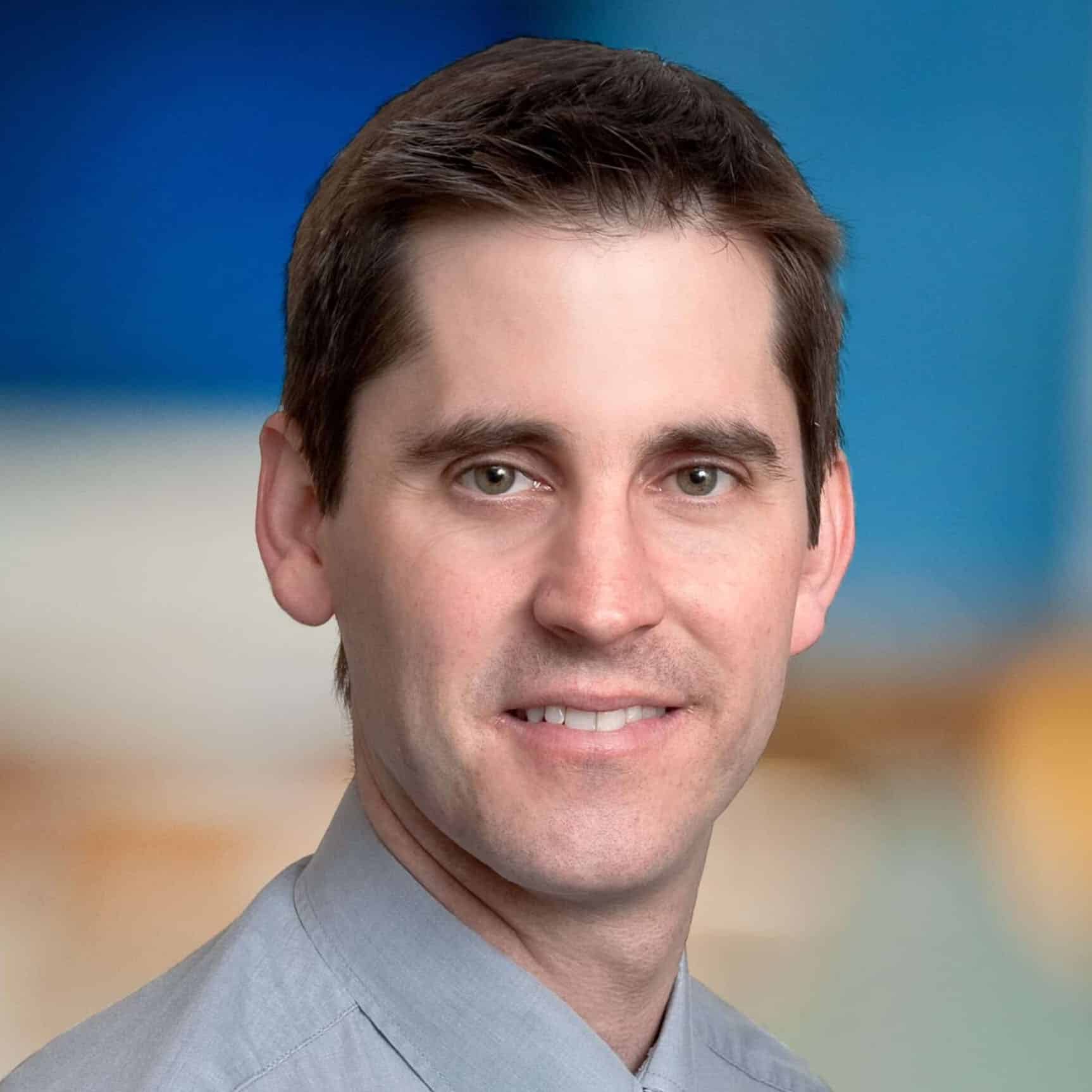Correlative Biomarkers in the REACT-01 Pediatric Lupus CD19 CAR Trial
Ancillary study to an ongoing or complete clinical trial
General Audience Summary
CD19 chimeric antigen receptor (CAR) T cell therapy has led to lasting, drug-free remission (absence of symptoms without requiring any other treatments) in more than 15 adults with severe lupus for whom no other treatments worked. As part of the Reversing Autoimmunity through Cell Therapy (REACT-01) trial at Seattle Children’s Hospital, Dr. Jackson will assess the safety and feasibility of treating pediatric and young adult lupus patients (who typically have more severe disease) with CD19 CAR T cells. In addition to evaluating whether children respond similarly to CD19 CAR T cell therapy as adults, Dr. Jackson aims to deepen our understanding of how this therapy works.
Dr. Jackson’s goal is to identify how CAR T cell-driven B cell elimination can lead to lasting remission that persists for years, even after the B cells return. He will first test the hypothesis that rare genetic variants might predispose some patients to disease flares after initially successful treatment. He will then analyze autoantibodies (antibodies that mistakenly target a person’s own cells, a hallmark of lupus) in the blood before and after treatment. Lastly, Dr. Jackson will study the treated individuals’ immune systems over time, potentially identifying markers associated with treatment response.
What this means for people with lupus
CD19 CAR T cell therapy has emerged as a transformative therapy for adults with lupus. Findings from this clinical trial and Dr. Jackson’s ancillary study could uncover deeper insights into lupus onset and remission, significantly advance lupus treatment, and bring this revolutionary treatment to children and young adults.
Scientific Abstract
CD19 Chimeric Antigen Receptor (CAR) T cell therapy has demonstrated remarkable efficacy in recent clinical trials for adult systemic lupus erythematosus (SLE), leading to durable remissions and significant improvements in quality of life. These promising results have driven numerous pharmaceutical companies to sponsor ongoing trials evaluating CD19 CAR T-cells in treatmentrefractory SLE. However, children and adolescents have been excluded from these pivotal studies, representing a crucial unmet need. The Reversing Autoimmunity through Cell Therapy (REACT-01) clinical trial at Seattle Children’s Hospital is the first US trial specifically designed to test the feasibility and safety of CD19 CAR T cells in childhood-onset SLE. Pediatric and young adult SLE patients (n=12) with ongoing lupus disease activity despite standard-of-care treatments will be offered autologous anti-CD19 CAR T cells after lymphodepleting chemotherapy. This Lupus Research Alliance proposal aims to fund ancillary studies that will deepen our understanding of how B cell-directed CAR T cells promote clinical benefits in SLE. Our overall objective is to not only evaluate whether children have similar responses to CD19 CAR T cells as adults, but also to understand why CAR T cell-driven B cell ablation is able to induce durable disease remission that can persist for years after B cell reconstitution. We will do this via three specific aims. First, we will test the hypothesis that rare genetic variants predispose to disease flares after successful CAR T cell therapy in childhood-onset SLE. Second, we will perform proteome-wide profiling of serum autoantibodies before and after CAR T cell treatment. Finally, we will undertake longitudinal immunophenotyping of REACT-01 participants before and after CD19 CAR T cells to identify immune correlates of treatment response. By comparing clinical outcomes in children to those observed in adults and exploring the mechanisms underlying durable disease remission after B cell reconstitution, this study promises to yield crucial insights into the efficacy and long-term effects of CD19 CAR T cell therapy in childhood-onset SLE. These findings will not only inform future treatment strategies but also contribute to our fundamental understanding of SLE pathogenesis and remission maintenance.




